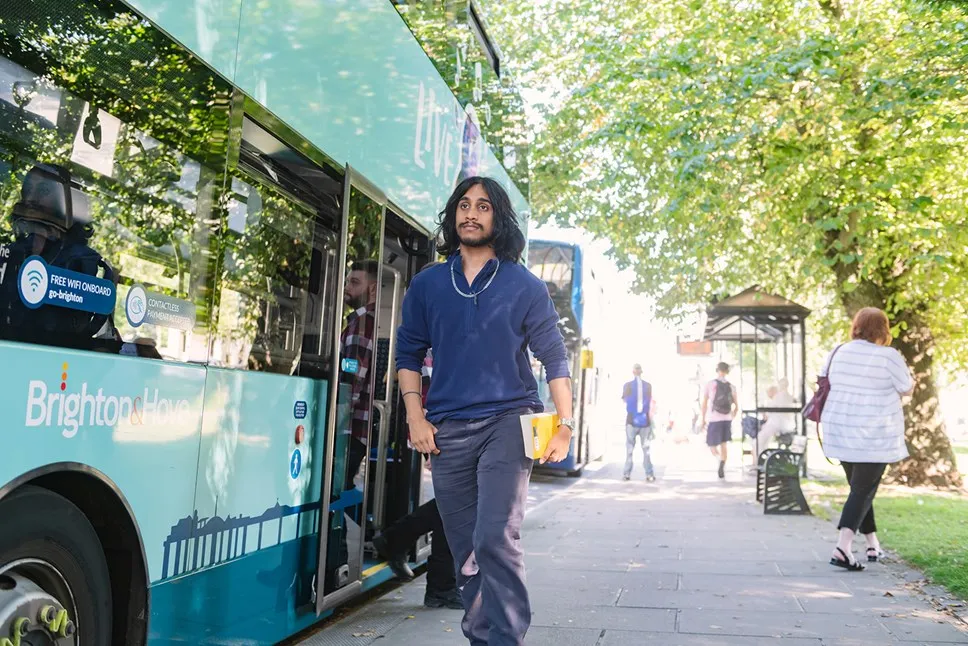Rail commuters returning to work this week will face fresh fare increases, while spending up to six times as much of their salary on rail fares as European passengers on publicly owned railways, new research by the Action for Rail campaign has revealed.
UK workers on average salaries will spend 14 per cent of their income on a monthly season ticket from Luton to London (£387), or 11 per cent from Liverpool to Manchester (£292).
By contrast, similar commutes would cost passengers only two per cent of t
January 3, 2017
Read time: 2 mins
Rail commuters returning to work this week will face fresh fare increases, while spending up to six times as much of their salary on rail fares as European passengers on publicly owned railways, new research by the Action for Rail campaign has revealed.
UK workers on average salaries will spend 14 per cent of their income on a monthly season ticket from Luton to London (£387), or 11 per cent from Liverpool to Manchester (£292).
By contrast, similar commutes would cost passengers only two per cent of their income in France (£61), three per cent in Germany (£85) and Italy (£61) and four per cent in Spain (£75).
The analysis also shows that rail fares have increased by 56 per cent since 2006, more than double the change in average earnings (24 per cent) and inflation (26 per cent).
Action for Rail, a campaign by rail unions and the TUC, point to the UK’s privatised rail service as a key driver of costs. All other countries examined have largely publicly-owned rail services and lower costs for commuters.
The findings come as rail campaigners and workers plan to hold protests at over 100 stations around the country against fare rises and in support of public ownership.
According to national trade union TUC general secretary Frances O’Grady, years of failed privatisation has resulted in high ticket prices, overcrowded trains, understaffed services and out-of-date infrastructure.
General secretary of train drivers’ union ASLEF Mick Whelan called it scandalous that the UK government allows privatised train companies to make even more money for providing an ever-poorer service. He said the UK has the most expensive railway in Europe and the train companies are about to make it even more costly for people to travel. General secretary of the Transport Salaried Staffs' Association, Manuel Cortes said money made from the railways should be ploughed back into cheaper fares and service upgrades for the benefit of passengers.
UK workers on average salaries will spend 14 per cent of their income on a monthly season ticket from Luton to London (£387), or 11 per cent from Liverpool to Manchester (£292).
By contrast, similar commutes would cost passengers only two per cent of their income in France (£61), three per cent in Germany (£85) and Italy (£61) and four per cent in Spain (£75).
The analysis also shows that rail fares have increased by 56 per cent since 2006, more than double the change in average earnings (24 per cent) and inflation (26 per cent).
Action for Rail, a campaign by rail unions and the TUC, point to the UK’s privatised rail service as a key driver of costs. All other countries examined have largely publicly-owned rail services and lower costs for commuters.
The findings come as rail campaigners and workers plan to hold protests at over 100 stations around the country against fare rises and in support of public ownership.
According to national trade union TUC general secretary Frances O’Grady, years of failed privatisation has resulted in high ticket prices, overcrowded trains, understaffed services and out-of-date infrastructure.
General secretary of train drivers’ union ASLEF Mick Whelan called it scandalous that the UK government allows privatised train companies to make even more money for providing an ever-poorer service. He said the UK has the most expensive railway in Europe and the train companies are about to make it even more costly for people to travel. General secretary of the Transport Salaried Staffs' Association, Manuel Cortes said money made from the railways should be ploughed back into cheaper fares and service upgrades for the benefit of passengers.








